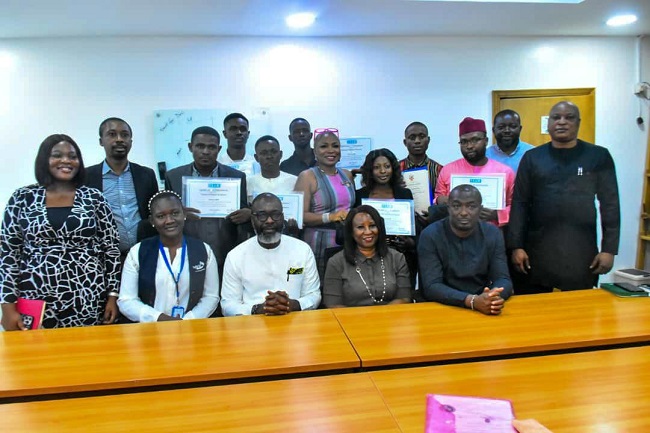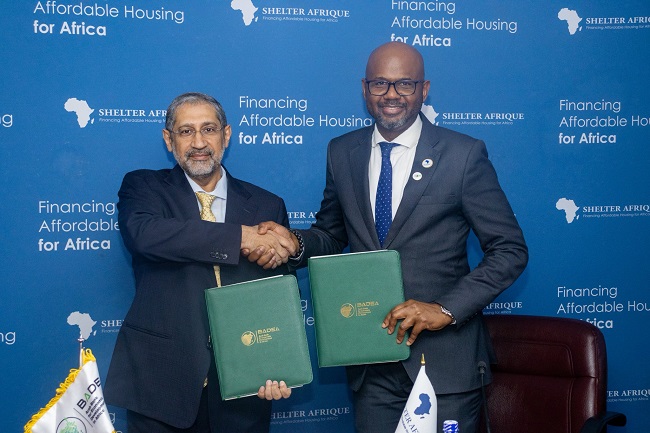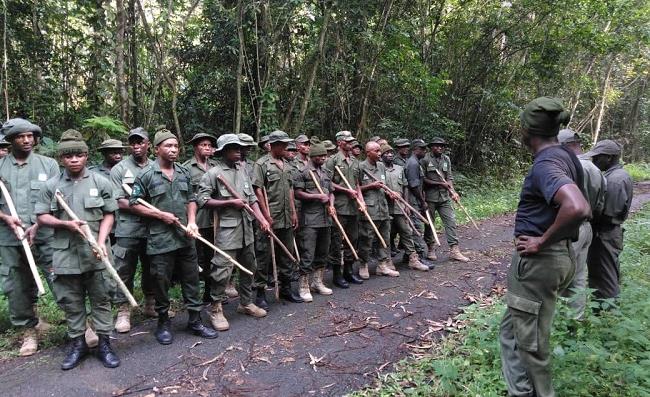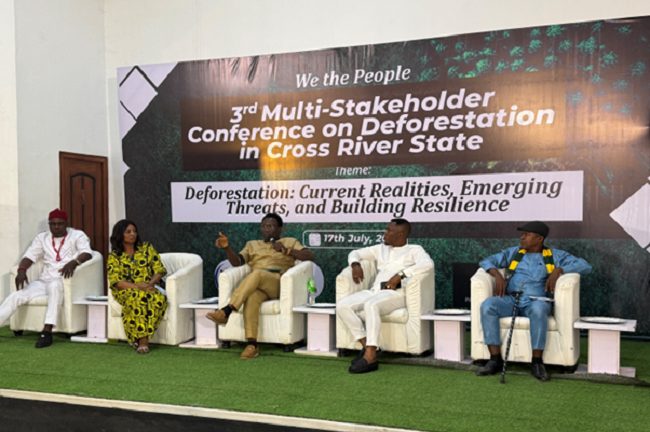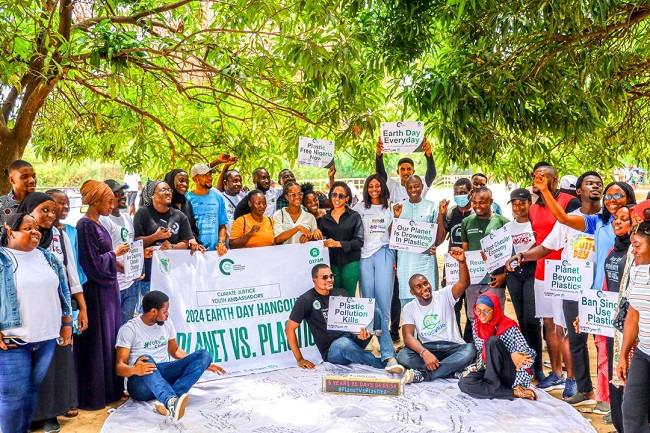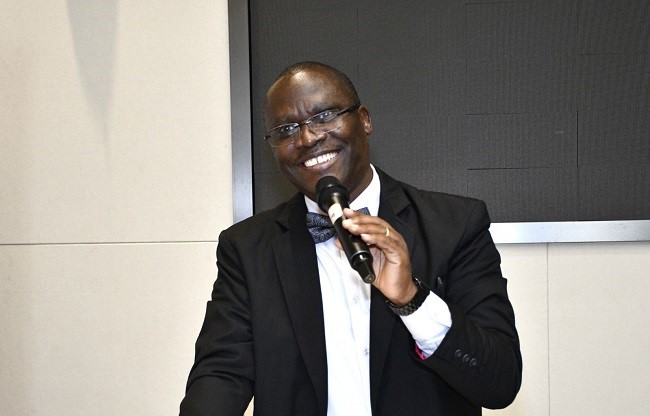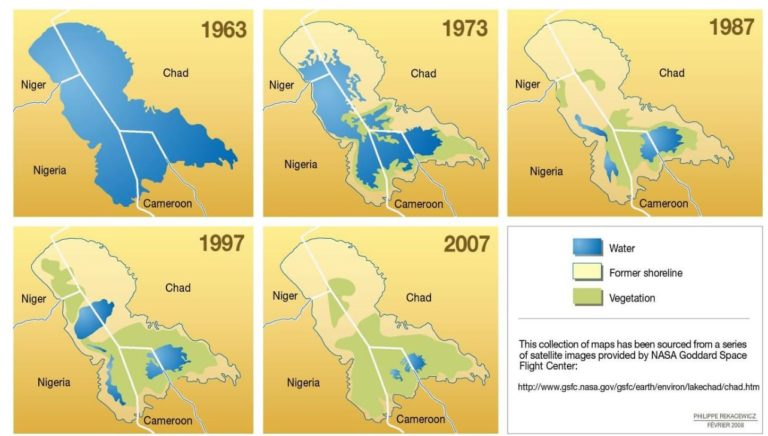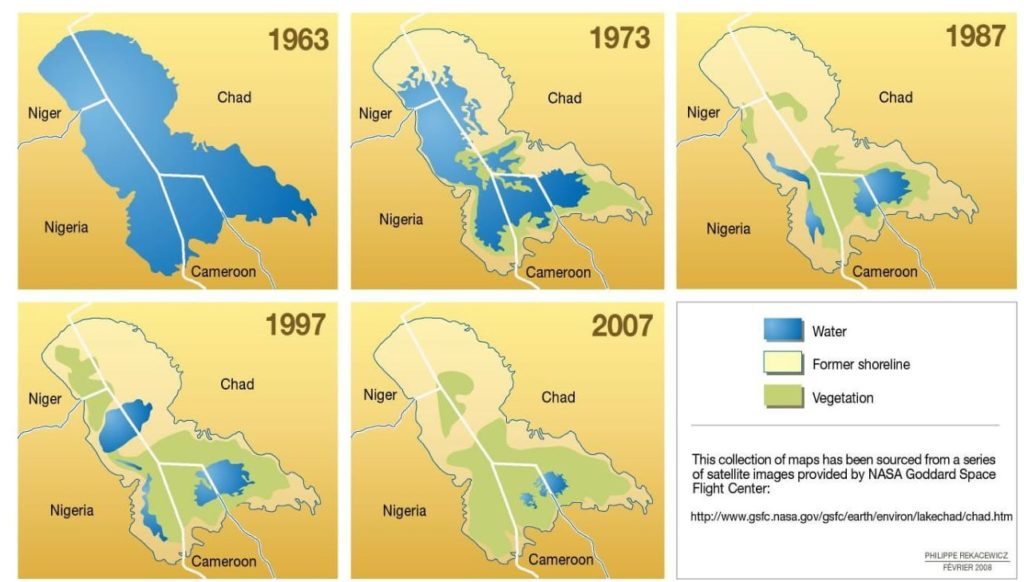Toxics Watchdog, BAN Toxics, has issued a public health warning over the continued sale of banned skin-lightening products (SLPs) containing toxic mercury in beauty shops in Baclaran, Pasay City in the Philippines. The group is urging the local government to take immediate enforcement action.
During a recent market monitoring activity, the group photo-documented and purchased six SLPs, priced between ₱150 and ₱250 each. Using a Vanta C Series Handheld XRF Analyser, they tested the following items: C Collagen Plus Vit E Day and Night Cream, Golden Pearl Beauty Cream, Goree Beauty Cream with Lycopene, Goree Day & Night Beauty Cream, Goree Gold 24K Beauty Cream, and Jiao Li Miraculous Cream. The beauty creams are among the products banned by the Food and Drug Administration (FDA) since 2010 due to excessive mercury content.

All samples were found to contain dangerously high levels of mercury, ranging from 1,480 parts per million (ppm) to as much as 26,000 ppm, which far exceeds the 1 ppm limit set by the ASEAN Cosmetics Directive.
“The unwarranted sale of banned, mercury-tainted SLPs will persist unless the government prioritises health and safety measure, strengthens border controls, and cracks down on importers and sellers, both online and offline,” said Thony Dizon, Advocacy and Campaign Officer of BAN Toxics.
Since 2017, BAN Toxics, in collaboration with the Zero Mercury Working Group (ZMWG), has been monitoring mercury-added SLPs due to their serious health risks, their violation of national regulations, and their prohibition under the Minamata Convention on Mercury. The Convention bans the manufacture, import, and export of mercury-added cosmetics, including SLPs with mercury concentrations above 1 ppm. This provision came into effect in 2020.
“The Food and Drug Administration (FDA) is the sole government agency responsible for regulating and evaluating cosmetic products marketed in the country. Yet this is not enough. There is a need for interagency collaboration among national agencies and local government units to ensure that banned cosmetic products do not reach consumers and to prevent exposure to toxic mercury,” Dizon added.
According to the ZMWG, mercury compounds are often added to SLPs because they suppress melanin production, which results in lighter skin. SLPs have been widely studied in scientific literature, with numerous reports documenting their harmful effects on health and well-being. The World Health Organization has also identified mercury in such products as a major public health concern.
The regular use of SLPs containing mercury can lead to rashes, skin discoloration and blotching. Long-term exposure may also damage the eyes, lungs, kidneys, digestive, immune and nervous systems. An adult’s use of mercury-laden SLPs can also expose other family members through close contact and may even require home decontamination.
BAN Toxics is advocating for toxics-free cosmetics and is calling on the 20th Congress to pass a law that will protect the public from hazardous chemical exposure. The group reiterated its call for the refiling of Senate Bill 1574 (originally filed in 2013 by the late Senator Miriam Defensor Santiago), also known as the Safe Cosmetics Act, which seeks to ensure that cosmetic products do not contain ingredients identified as chemicals causing cancer or reproductive toxicity.
The group also urges local government units to take immediate enforcement action against beauty shop owners who violate existing regulations. This is to ensure that all cosmetic products sold in the country have valid Cosmetic Product Notifications issued by the regulatory agency, thereby safeguarding public health and safety.
BAN Toxics says it will continue its market monitoring efforts to help remove prohibited products from circulation and push for stricter product standards and stronger consumer protection.

